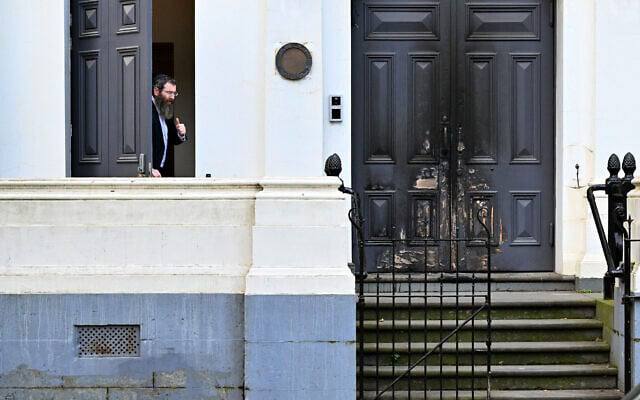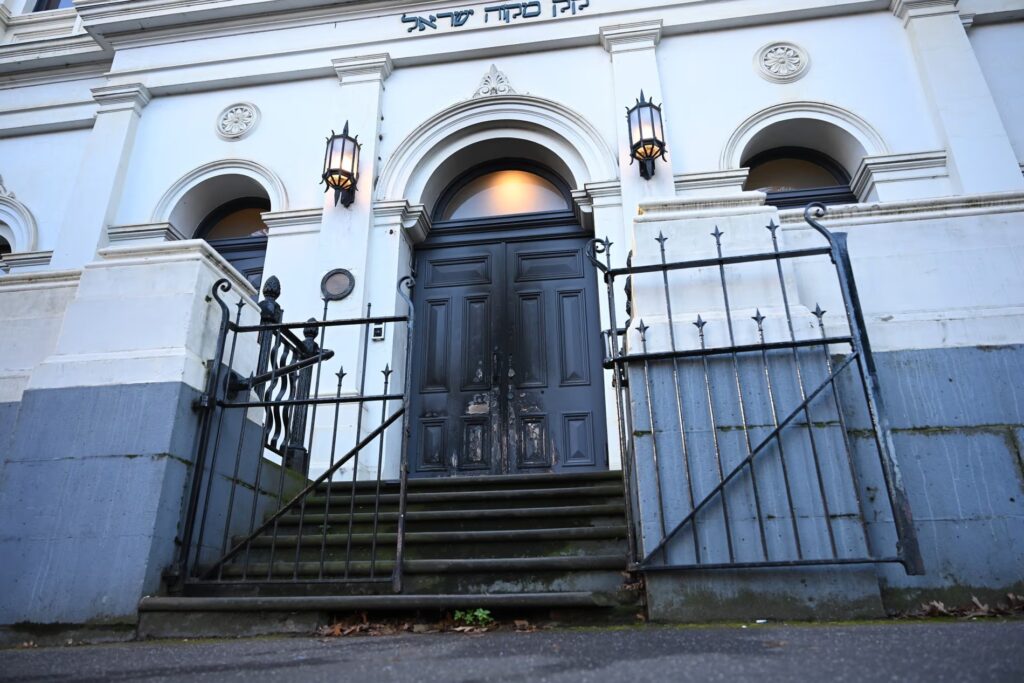IN THE MEDIA
Israeli politics swings to the centre
March 30, 2006 | Ted Lapkin
Ted Lapkin
The Courier-Mail – 30 March 2006
Assessing the price of victory for Israel’s Kadima party
A WISE man once counselled me to avoid the business of making predictions — especially if they had anything to do with the future. And as the dust begins to settle from Israel’s parliamentary elections, enough surprises have emerged to validate the wisdom of that advice.
Yet despite these unexpected factors, there was little need for a crystal ball to divine the general outlook of Israel’s post-ballot landscape.
The election was viewed as a referendum on the policy vision of Ariel Sharon. And while Sharon lies stricken by a stroke in a Jerusalem hospital, his Kadima party cruised to a plurality victory, winning 28 seats out of 120 in the next Knesset. It’s said that nature abhors a vacuum, and the Kadima party arose to fill the void that had developed in the centre of Israeli politics.
Five years of suicide terrorism have destroyed the credibility of the dovish Israeli mantra that peace with the Palestinians was imminent. And a half-decade’s worth of bus bombings caused the Israeli mainstream to lose its taste for continued control over a hostile Palestinian population in the occupied territories.
Thus, having soured on both the right-wing and left-wing policy platforms, a solid majority of Israelis flocked to the political centre. Lacking any faith that there is a genuine Palestinian willingness to make a rational peace, the centre of Israeli political gravity adopted a policy of security through separation.
Hence the construction of the security barrier that has contributed to a rapid reduction in successful Palestinian suicide attacks. Hence the disengagement from Gaza. And Israel’s decision to adopt a policy of unilateralism has been vindicated by a Palestinian election that produced a jihadist government led by Hamas.
After all, if the guy on the other side of the table is openly declaring his intention to kill you, then the futility of negotiations becomes self-evident. And there is no doubt about where Hamas stands on the question of Israel’s legitimate existence — there is none.
So with no peace partner worthy of the name, Sharon’s successor at the Kadima helm, Ehud Olmert, has indicated that he will continue the unilateralist approach. Olmert has declared his intention to fix Israel’s permanent boundaries by 2010 — with or without Palestinian approval.
This will involve the completion of the security barrier and the dismantling of smaller Jewish settlements throughout the West Bank. Two large settlement blocks that are situated on strategic topographical terrain features will surely be retained by Israel.
Olmert’s announcement constitutes a clear message to Palestinians that the diplomatic train is about to leave the station. If they don’t rectify their lapse into Hamas-led electoral lunacy, West Bank residents will one day wake up to recognise that their borders have been determined without them. This much is clear. What is less apparent is the impact that the Israeli elections will have on the domestic scene of the Jewish state. With only 28 seats out of a 120-strong Knesset, Kadima will be in the market for coalition partners. And because Olmert’s intention to withdraw from portions of the West Bank is anathema to the Israeli Right, he will seek allies from the other side of the political spectrum.
Kadima’s most likely mates will come from the Centre-Left Labour (20 seats), the leftist Meretz (4) and the real surprise election winner — the new Pensioners Party (7). And these factions will demand the restoration of Israel’s fraying social welfare net as the price of their admission to the coalition.
Free market reforms implemented in recent years by former finance minister Bibi Netanyahu laid the foundations for the flourishing of Israel’s hi-tech sector. And some of these reforms involved budget cuts that brought substantial pain to the weaker elements of Israeli society. But these tough-love policies were necessary to ensure that the Israeli economy could emerge from recession and remain internationally competitive.
Thus the real paradox of Israel’s Knesset elections is that progressive movement on the foreign affairs front may require regressive movement on the economic policy front.
Ted Lapkin is the director of policy analysis at the Australia/Israel & Jewish Affairs Council
Tags: Israel





